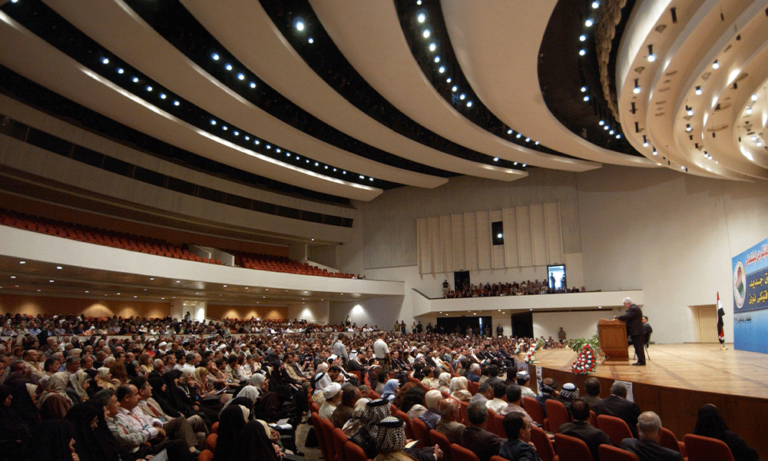The MENA
Region Trans Archives
Welcome to the Middle East and North Africa (MENA) Trans Archives! We are pleased to introduce the first and only open-access database dedicated to transgender rights in the MENA region.
Our
WORK
Research Unit
Our Research Program is dedicated to promoting social justice and empowering marginalized communities in the MENA region.

Legal Unit
We aim to empower you, defend your rights, and drive positive change in our communities and beyond.

Media Unit
We are committed to using media as a catalyst for societal transformation and amplifying the voices of marginalized communities.
Featured Analysis

Steps Forward After the Abolition of Article 198 in Kuwait
Introduction: In 2007, the Kuwaiti National Assembly amended Article 198 of the Penal Code to criminalise “imitating the opposite sex in any way.” This amendment, proposed by MP Waleed Al-Tabtabaei, a well-known Islamist MP associated with the Salafists, aimed to enforce traditional gender norms. With overwhelming support from the members

Iraqi Proposed Amendments to Criminalize Transgender People are Neither Islamic nor Constitutional
A recent set of amendments introduced in Iraq has stirred considerable controversy as they aim to target individuals who identify as queer. Notably, these amendments not only take a stance against same-sex relationships but also introduce new criminal sanctions that seek to criminalize transgender identities themselves, as well as the

Health Conditions of Sex Workers in Egypt in the Early 20th Century
“Great misfortune. Great disaster in the country. The messenger of diseases… This is the Medical Examination of Prostitutes… If only they didn’t create you, examination, if only your mother, The Health Affairs, didn’t give birth to you in this horrible, distorted image.” We spoke in the previous article about the
About
Cairo 52
Cairo 52 Legal Research Institute, the inaugural regional legal institute with a distinctive emphasis on the matters concerning sexual and bodily liberties of marginalized communities.

Vision
To establish a society that possesses a comprehensive understanding of its fundamental, sexual, and bodily human rights.

Mission
To effectively communicate legal information clearly and promote human rights and body autonomy, provide legal assistance to marginalized individuals, and create a platform to amplify silenced voices.
Featured Publications

Media Observatory of Arrests Based on Sex Work from January 2023 to December 2023
Donate
Your contribution will help the institute go further empowering people in need of the institute’s services and productions.





